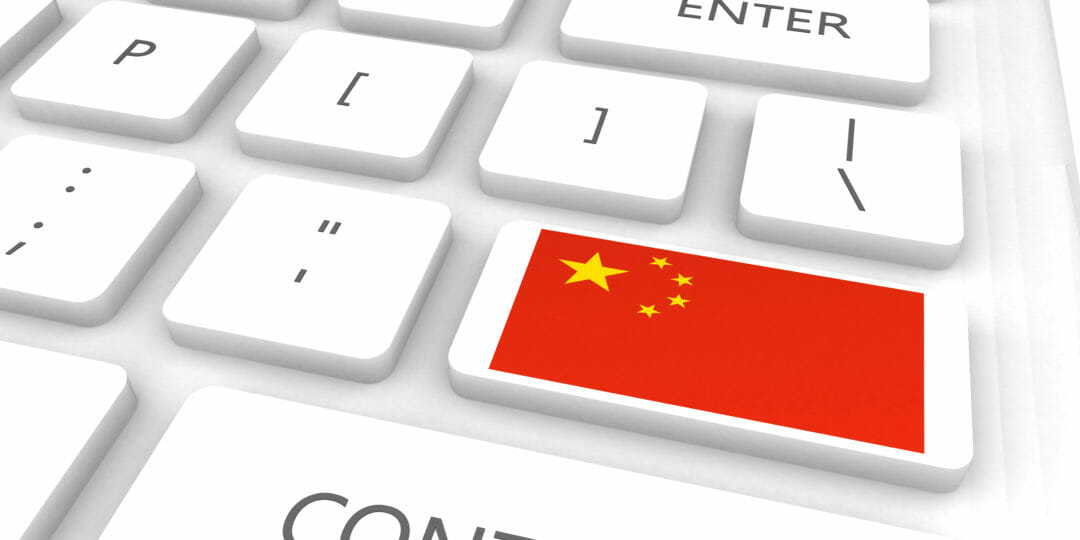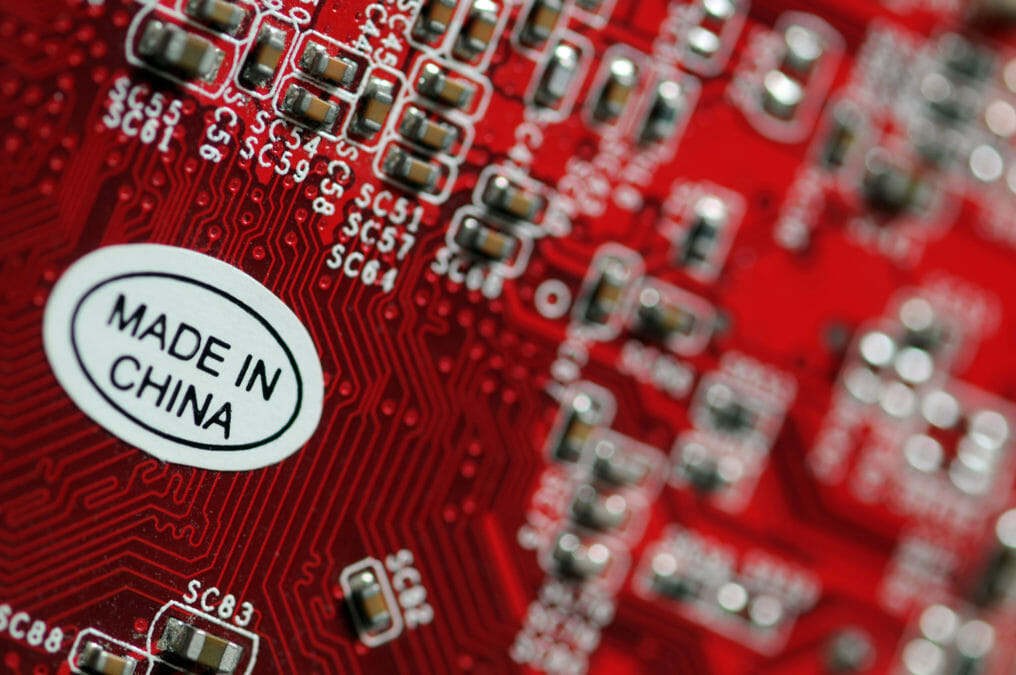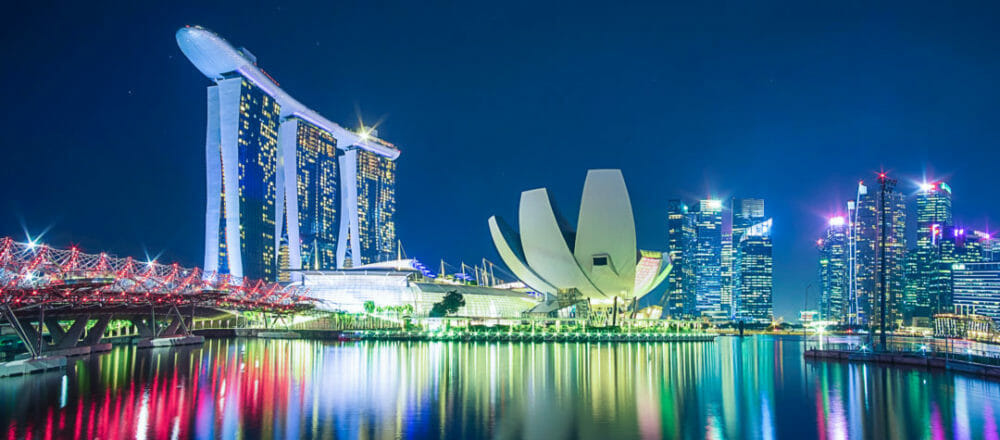Huawei, China’s largest telecommunications equipment manufacturer, has been barred from bidding for a large broadband infrastructure contract in Australia over concerns about cyber attacks.
Australia’s National Broadband Network (NBN) is an A$37.5 billion (£24.7 billion) government-led project which aims to provide every Australian home with a high speed Internet connection. The Australian government provided A$27.5 billion of the investment for the project which aims to have 93% of the population on fast fibre-to-the-premises technology by 2021.
The Australian Financial Review reports that Australian officials told Huawei’s Australian representatives late last year that the Chinese telecoms giant ought "not to bother tendering for any NBN supply contracts because they would not succeed". The Financial Review also reports that Australian officials advised Huawei that the Australian government was "aware of Chinese cyber attacks".
Huawei is not completely locked out of the Australian telecommunications market, however. Only last month the company won a deal to build Australia’s first 4G LTE networks for Australian mobile network, Optus.
Interesting Links
Commenting on the news of Australia’s Huawei ban, Alastair MacGibbon, formerly the Australian Federal Police’s top cyber agent, told the Australian Financial Review that he supported the ban if made on security grounds.
“The difference between a US-based Cisco or a Chinese-based Huawei is where they are domiciled,” he said. “I doubt either make back doors in their products because they would have too much to lose … but they would more than likely help their governments if called in to do so.
“You need to ask yourself [between the US and China] which government has been more loyal to us over time and which would support us in a time of Australian need.”
Huawei has been the subject of much suspicion over it’s operation of core national communications infrastructure around the world. In discussion with Information Age preceding the launch of his book, retired US Army IT expert Bill Hagestad claimed that, "Huawei could absolutely install some sort of backdoor capability into US government networks."
In the UK, Huawei is one of the suppliers for BT’s ’21st Century Network’, supplying multi-service access network (MSAN) equipment to the ISP. Huawei also holds a contract with Everything Everywhere to enhance its 2G network, awarded in May 2011. The Chinese telecoms giant is also on the JANET(UK) switches and routers framework for higher education organisations.
In October last year, the US Department of Commerce said that Huawei could not take part in building a national wireless emergency communications network due to unspecified "national security concerns".
Huawei responded fiercely to the government restrictions at the time, with William Plummer, Huawei’s VP of external affairs, saying: "Stop the manufactured fear. If you have something to say, substantiate it."
"We have seen multiple instances where we are being asked for transparency. Well, the shoe is on the other foot," Plummer told the Financial Times. "We would like to see some accountability and transparency associated with this decision. Where is the due process?"
Labour peer Lord Toby Harris has called for a parliamentary investigation into Huawei’s activity in the UK after the US Congress launch its own investigation in November 2011.
In January, Huawei became the new owner of the Center for Integrated Photonics in Adastral Park in Suffolk. The lab, which researches the use of light in telecommunications networks, was originally set up by BT and sold to US glass maker Corning during the dot com bubble.
Interesting Links
Hactivists stole more data than cyber criminals last year, says Verizon
Corning ditched the lab when the bubble burst, and it has since been operated by local quango the East of England Development Agency (EEDA). However EEDA was itself scrapped in June 2010, after which several companies made offers to acquire the CIP.
"We had a good level of interest from potential acquirers, but the management team and staff overwhelmingly backed […] the Huawei bid because we believe its industry-leading R&D capabilities and investment in CIP will lead us to have many more significant achievements in the future," said the lab’s CEO Peter Wharton at the time.







